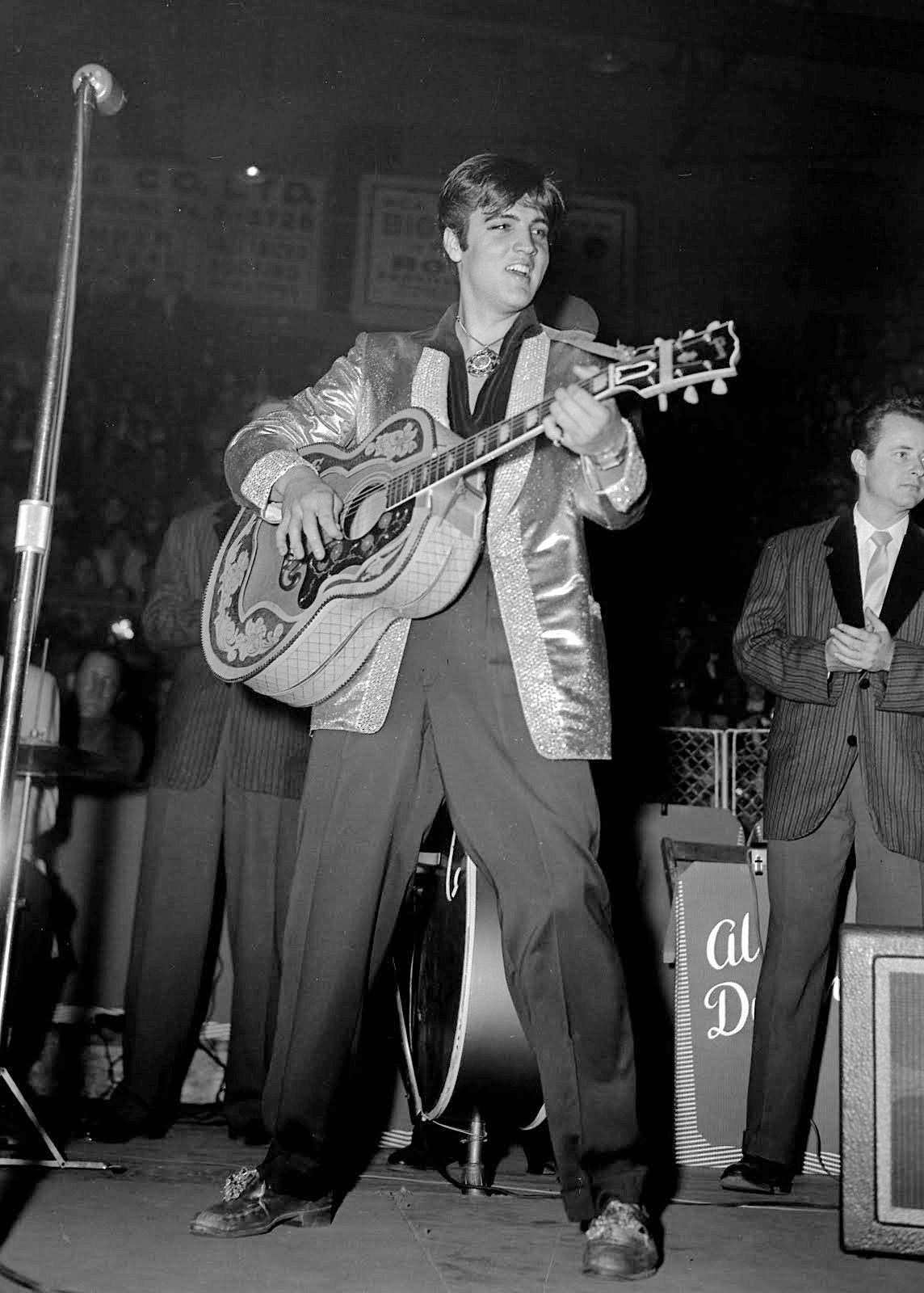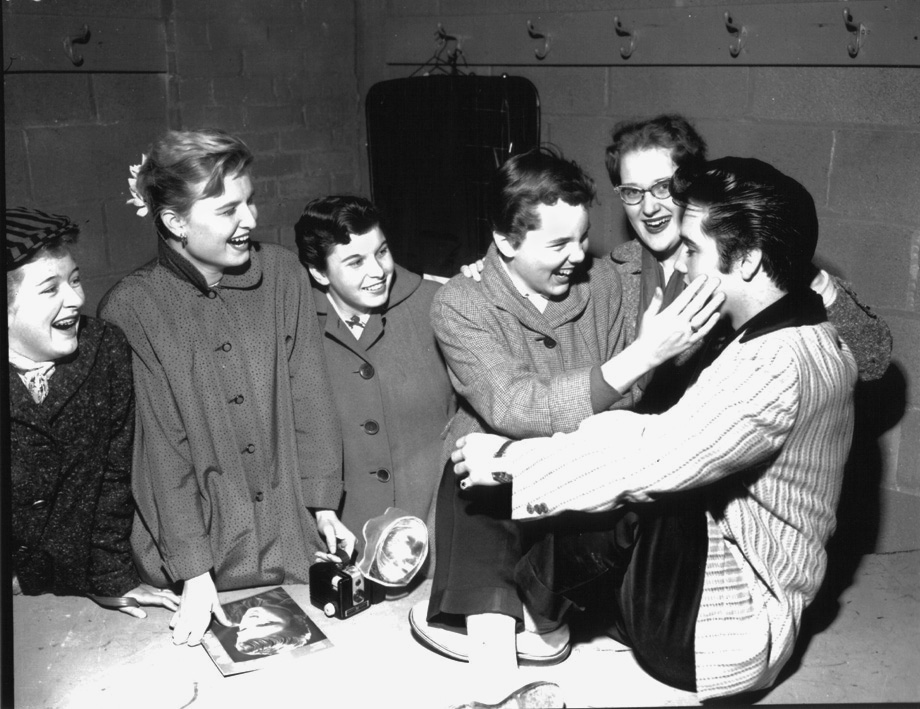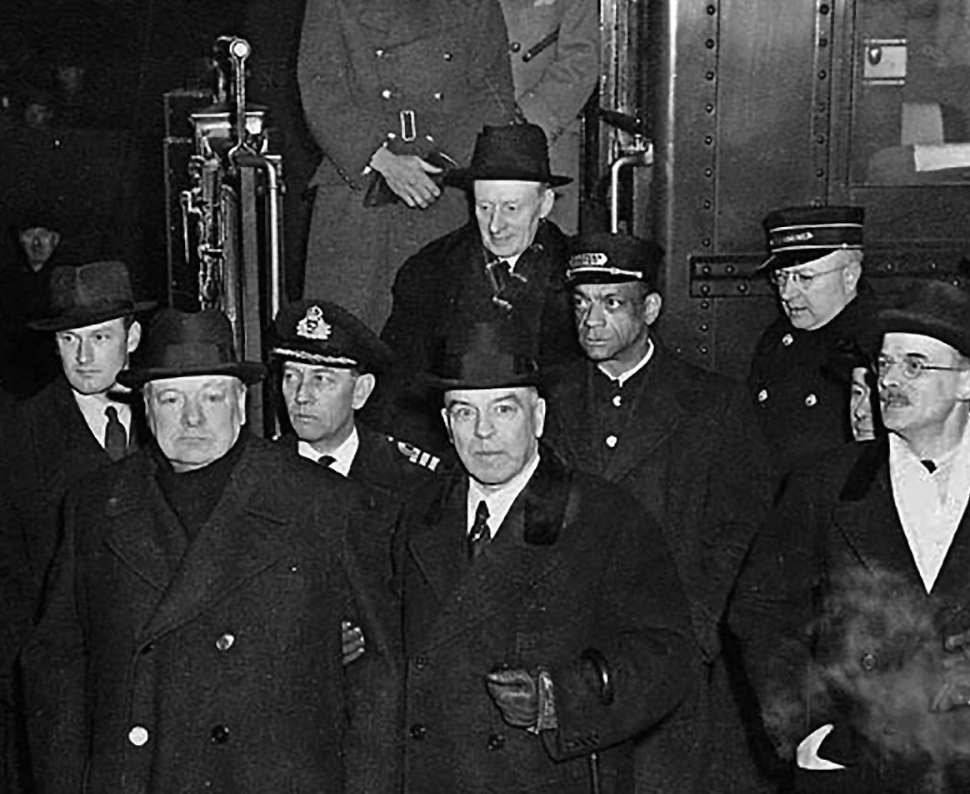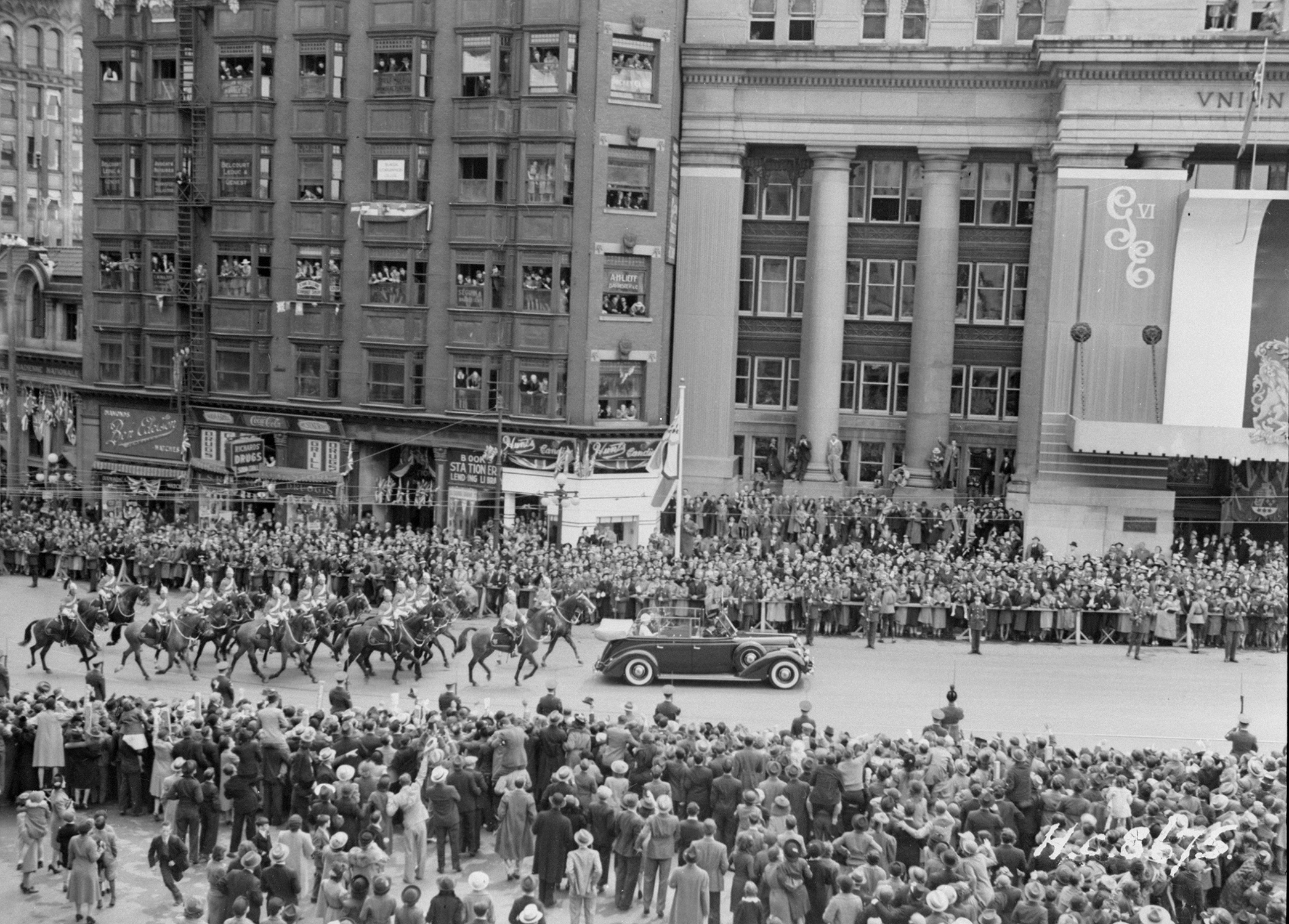Senators to share piece of history with Elvis

This article is part of a series about the Senate of Canada’s move to the Senate of Canada Building, formerly known as the Government Conference Centre. In 2018, the Senate began to move into the building, a former train station built in 1912, while Parliament’s Centre Block — the Senate’s permanent home — is rehabilitated. The Senate will begin operating from the Senate of Canada Building in early 2019.
The savings to taxpayers will be approximately $200 million compared to the original proposal to find an alternative location on Parliament Hill. The Senate is expected to occupy its temporary location for at least 10 years.
Elvis has left the building but, 60 years later, the stage is set for Canadian senators to move into the historic train station where the King of Rock and Roll first strutted into the capital.
The rehabilitation of Parliament’s Centre Block, scheduled to begin in 2018, has the Senate and House of Commons all shook up and looking for temporary homes.
The nearby Government Conference Centre, originally built in 1912 as a train station, will accommodate a temporary Senate chamber for approximately 10 years. Senators will carry on their work in a building already steeped in history, including Elvis Presley’s April 1957 arrival in Ottawa.
Senator Marc Gold pays tribute to Elvis Presley. In 2018, the Senate will move into Ottawa’s old Union Station, the same location where Elvis arrived in 1957.
Senator Marc Gold, who was appointed to the Red Chamber in 2016, said he appreciates the tradition of the Centre Block but added the old train station is an “ideal place” for the Senate’s temporary location.
“The Senate is an important part and has been an important part of Canada since Confederation. So, too, has the railway. I can think of no better place for us to continue our work on behalf of Canadians than in that historic place,” Senator Gold said.
“The King” is among the celebrities, dignitaries and world leaders who passed through Union Station. It was used by genuine royalty, too. King George VI and Queen Elizabeth came by train during their 1939 Royal Tour. Likewise, British Prime Minister Winston Churchill rolled into Ottawa in 1941 to give a speech to Parliament and rally Canada during the Second World War.
Elvis arrived in Canada’s capital on April 3, 1957. He put on two shows at the Ottawa Auditorium hockey arena later the same day.
Senator Gold, an accomplished guitarist himself, called Elvis “enormously important” to his generation of musicians.
“By the time that I was picking up my guitar for the first time, he was all over the radio. We can’t overstate his importance. Elvis was the one who brought to our attention that incredible blend of rhythm and blues and country music that defined a whole generation. He inspired a whole generation to see music in a different way,” Senator Gold said.
Presley performed in Toronto before coming to Ottawa. He was scheduled to play Montreal the next night, but that show was cancelled due to pressure from city hall and Catholic church officials about those onstage hip gyrations that earned him the nickname “Elvis the Pelvis” and about how to control the crowds that showed up everywhere he went.
“His tour in Canada attracted enormous media attention,” said Senator Gold, who was a seven-year-old boy in Montreal when Presley came to Canada. Canadian youth were “ecstatic” about Presley’s tour, but their parents less so, he recalled.
“They were concerned that his music could incite young people to acts of moral depravity. There was legitimate concern about crowd control.”
Presley rocked the capital, with crowds of 9,000 at each concert. Approximately 500 fans from Montreal came aboard a special train, the “Rock ‘n’ Roll Cannon Ball.” Eight students at Ottawa’s Notre-Dame Convent, which forbade its students from attending, were expelled after they did, in fact, go to see the King.
“Popular music had not seen an idol that attracted so much intense hysteria from the fans. Elvis’ presence here and elsewhere in Canada was a signal moment in the evolution of Canadian music and the creation of a new generation of Canadian music lovers,” Senator Gold said.
In 1957, even the Senate was abuzz with Elvis talk. On January 23, 1957, Senator William Ross Macdonald, the Leader of the Government in the Senate, said he wasn’t “worried” about Presley’s popularity.
“Others get a kick out of Elvis Presley,” said Macdonald, dismissing him as “a passing phase” and urging the government to “feed the souls of men” with the music of Beethoven and Dvorak instead.
“I never realized that I was so far out of date until I saw this artist on a CBC television production. Heaven help us if that is the way our generation is going,” Macdonald said.
However, on the afternoon of April 3 — mere hours before Elvis was to take to the stage in Ottawa — Ontario Senator David Croll promised to wrap up his foreign policy speech “in time so that members of this house may … see and hear a character called Elvis Presley who will be holding forth at the Auditorium.”
With Elvis in town, Parliament might as well have been at the end of Lonely Street. News reports speculated parliamentarians had found a new place to dwell.






